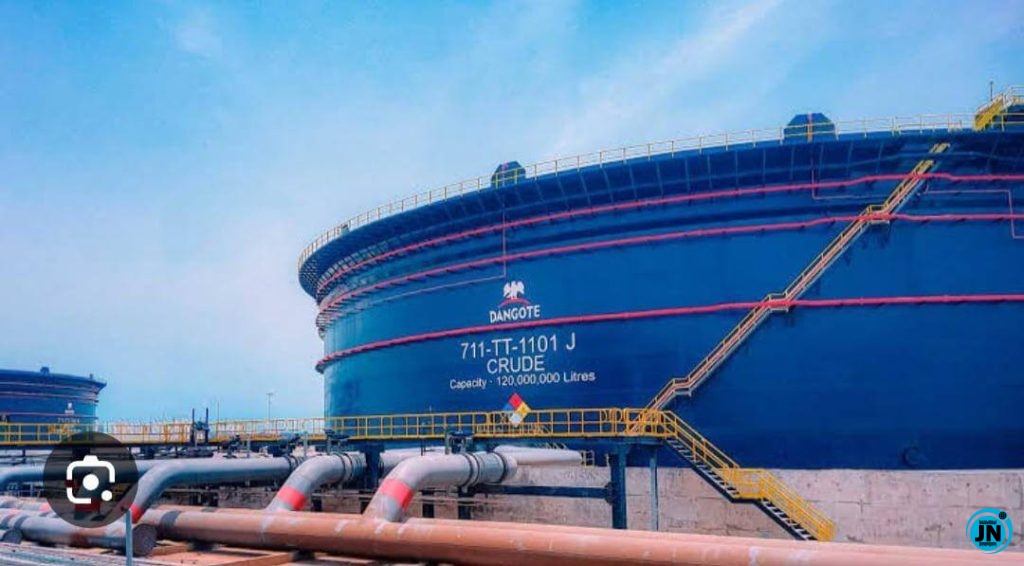The pump prices of Premium Motor Spirit (PMS), commonly known as petrol, have risen significantly to between N1,050 and N1,150 per litre across various regions of the country. This sharp increase is attributed to recent price adjustments made by Dangote Petroleum Refinery and private depot operators, who have adjusted their pricing strategies to reflect current market realities.
This development follows a notable decision by Dangote Refinery to raise its PMS price from N899 per litre to N955 per litre at the loading gantry. The updated pricing structure means that marketers purchasing between two and five million litres are now charged N955 per litre, while those buying over five million litres are offered a slightly reduced rate of N950 per litre. These adjustments have had a ripple effect across the downstream petroleum sector, influencing pricing trends nationwide.
In response to this hike, private depot operators have also increased their prices. Even depots with existing stock have raised their rates to as high as N1,000 per litre in some areas, including key locations like Lagos and Calabar. This price surge underscores the interconnected nature of the petroleum supply chain and the broader impact of market forces on distribution and retail pricing.

Experts and marketers have linked the rise in petrol prices to an upward trend in global crude oil prices. Brent crude, one of the leading benchmarks for oil pricing, recently climbed to $81.84 per barrel, marking the highest level recorded so far in 2025. This trend has prompted warnings from industry leaders, including Festus Osifo, the National President of the Petroleum and Natural Gas Senior Staff Association of Nigeria, who cautioned that increasing crude oil prices would inevitably translate to higher fuel costs for consumers.
Reports from Punch further indicate that oil marketers operating under the Independent Petroleum Marketers Association of Nigeria (IPMAN) have projected that pump prices in the Federal Capital Territory and other distant regions could soon reach N1,150 per litre. This projection accounts for the additional logistics costs involved in transporting fuel to various parts of the country, which add to the overall retail price.
Adding to the complexity of the situation, Billy Gillis-Harry, the National President of the Petroleum Products Retail Outlet Owners Association of Nigeria (PETROAN), highlighted the role of regulatory charges in shaping retail prices. According to him, retail fuel prices must include mandatory charges from regulatory authorities, which contribute to pushing the price above N1,000 per litre in most locations.
As the effects of deregulation continue to unfold, consumers are preparing for the economic challenges posed by fluctuating crude oil prices and intensified competition within the petroleum sector. This period of adjustment underscores the importance of strategic planning and market adaptability as stakeholders navigate these changes in the energy landscape.

